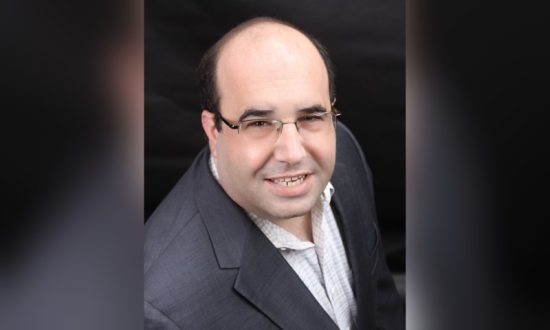Andrew Pass is the founder of A Pass Educational Group, LLC. Andrew Pass A Pass believes that all learners have the foundational right to become self-fulfilling individuals who can make positive contributions to society. A Pass partners with organizations to develop customized educational content.
In 2015, in acknowledgement of Microsoft’s 40th Anniversary, Bill Gates sent an email to Microsoft employees that stated, “Early on, Paul Allen and I set the goal of a computer on every desk and in every home. It was a bold idea and a lot of people thought we were out of our minds…” How different would the world be today if Gates and Allen had never been born? How would the job market and the need for specific knowledge and skills be different today if Gates and Allen had never set upon achieving their mission?
Of course, we cannot know how different the world would be today if these two computer pioneers had never sought to make the personal computer a commonly possessed product. Yet, many would agree that it would not have been very different. Another partnership likely would have developed a similar product. It would have differences. Different skills, as discreet as they may have been, would have been required to use this technology. The evolution of technology would not have ceased. The evolution of technology will never stop. In fact, this evolution has only quickened in the last several decades. The one thing that is uncertain is how technology will evolve.
Consider the job of the educator within this uncertain environment. The educator has a responsibility to prepare students for the future. The educator must ensure that the student attains the necessary knowledge and skills to obtain quality employment years down the road. He knows that the knowledge and skills required for future work will be different than they are today. But, he does not know how they will be different. So, the real question is how an educator can prepare students for an uncertain future.
The only way to effectively prepare students for this future is for the educator to recognize that she cannot transmit to students the knowledge they will need to succeed. Students will not acquire the precise skills they will need for the future before they leave school. The knowledge and skills that used to take center stage in a scholastic education have lost their prominence to two important habits of mind, or ways of thinking – curiosity and the ability to learn independently. We will explore both of these concepts in the remainder of this article.
Curiosity is the desire to know. This is a human characteristic. Simply consider the behavior of a young child. Why? Why? Why? What? What? What? They are full of questions. They want to know. Consider the tabloids that fill the stands near cash registers in grocery stores. Stores do not put these magazines in this important consumer real estate because they look good. They put them there because they sell them. People are naturally curious.
Unfortunately, school can sometimes eliminate people’s inherent curiosity. Students look down upon their classmates who ask questions. Even the teacher, who often has specific lesson plans that she is trying to complete, often frowns upon question askers. In her article, “Defensive Teaching and Classroom Control” Professor Linda McNeil explains teachers who frequently work with twenty five or thirty students at a time are often afraid that encouraging questions during full class instruction can distract other students or create chaos. They discourage questions.
Of course, many teachers have embraced the power of questions, recognizing their awesome power in stimulating high powered learning. These teachers often challenge students to ask open ended questions, expressing their curiosity. Once these questions have been asked, either the student asking the question or her classmates can do the necessary research to answer the question. This process is, of course, independent learning.
Many teachers who encourage question asking and independent learning recognize the power of collaborative group work. The teacher might provide a prompt or a larger assignment with a grading rubric and break the class up so students can complete their work. The class might come back together at the end of the period or even a period or two later. Oftentimes students will be called on to teach one another. Teachers who facilitate these types of classrooms recognize they should not represent the final source of information.
These teachers want students to recognize they must be their own final arbiter of information. Their students learn how to use technology to gather this information. But they also learn that not everything they read can be trusted. Students learn the importance of checking multiple sources with a variety of perspectives so they can verify what they have read. They learn to be sceptical readers until they have done this verification. Ultimately, as teachers help students learn these skills, they are teaching them to be independent learners.
Bill Gates and Paul Allen demonstrated great curiosity when they developed a computer operating system that allowed people to have computers on their desks. They certainly had to learn independently in order to get this operating just right. Through their actions they changed the world. Educators must ensure that their students develop curiosity and the ability to learn, if not to change the world, to at least participate in a changing world.






